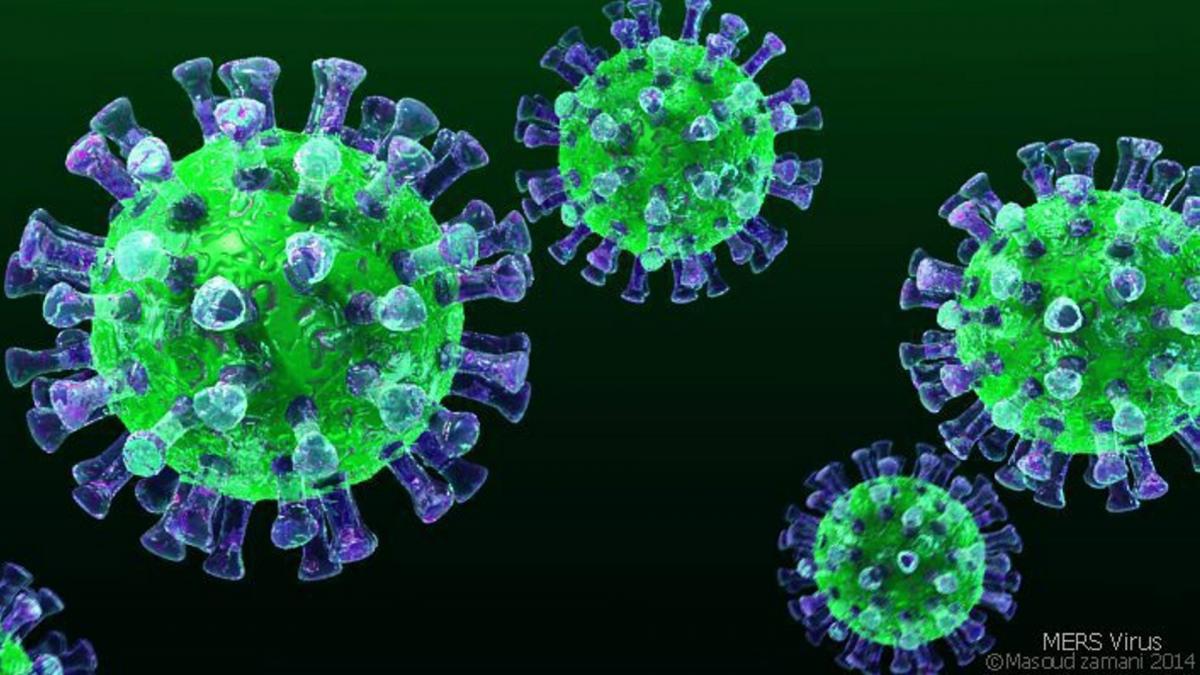The World Health Organization (WHO) is now concerned about the emergence and spread of pneumonia in China as a result of the transmission of the “Coronavirus”. Therefore, according to the official information of this organization, there is an outbreak of a new type of coronavirus in the China. The disease has also been reported in countries such as Thailand, Japan and South Korea. A number of measures are being taken to prevent and combat coronavirus in countries adjacent to China, including our country.
Coronaviruses are viruses that resemble those of the virus family called Atypical Pneumonia (SARS). It can cause a disease like simple cold or severe respiratory syndrome known as TORS in patients. Atypical pneumonia also originated from China in 2002. It has spread to 37 countries and has infected more than 8,000 people.
The features of the new coronavirus are currently being studied in many laboratories around the world. It belongs to the group of acute respiratory diseases with symptoms of inflammation of the upper respiratory tract and poor general manifestations of poisoning. Researchers have discovered a virus that has been named as “2019-NCOV”.

This virus is resistant to external influences and disinfectants. While no specific drugs are available to treat the disease, other antiviral drugs are being used. The disease is transmitted from the infected person by air and by means of household communications.
Patients experience general weakness, running nose, cough, headache, sore throat, increased body temperature, bronchitis and pneumonia. According to foreign experts, coronavirus is different from influenza as the human immunity to this virus is not yet developed.
The disease is caused by coronaviruses. The outer shell of the virus is covered with villi. With these villi, the virus attaches to the cell. Within 4-5 hours after the virus enters the cell, it produces a large number of viruses.
The main source of infection is wild and domestic animals and sick people. The disease is transmitted by air droplets. To date, no vaccine has been developed for this disease. The disease is most common in late autumn, winter and early spring. This virus affects the upper respiratory tract in adults and the lungs and bronchi in children.
The clinical manifestation is shown up 2-4 days after the virus has been infected. The latent period of the disease is also 2-4 days. Often coronavirus infection can be complicated by acute pneumonia. Pregnant women, postpartum women, children and adults (less than two years of age and over 65), overweight patients and patients with chronic diseases (lung diseases, bronchial asthma, chronic bronchitis, cardiovascular disease, diabetes, etc.) can be considered to be the most likely to be severely ill. Self-medication in this disease is dangerous and can have serious consequences. Antibiotics are not effective. The disease is only treated by a doctor using special antiviral drugs.

To prevent the spread of this disease, the World Health Organization recommends that people rub their hands with alcohol after washing their hands with soapy water, cover their mouth and nose with a handkerchief when coughing and sneezing, avoid contact with people with symptoms of the disease, and if they cough, have fever and have difficulty breathing, consult a doctor immediately.
At present, if any patient with this disease is identified at home, the patient’s bed, equipment and utensils should be disinfected with chlorine or boiling. In order to increase the body’s resistance to infection, it is necessary to consume foods rich in vitamins and proteins, such as onions, garlic, citrus fruits, and berries. It is recommended to wear gauze mask or disposable respirators in public places to avoid illness.
To prevent disease, when visit the animal markets it is advised to adhere to regular general hygiene regulations, to wash hands with soap after each contact, and not to touch face, mouth and nose without hand washing.
It is required to keep away from surrounding areas and soils, polluted by animal waste, and not to eat raw or undercooked animal meat and products with such meat. In general, it is important to take precautions when interacting with raw meat, dairy and animal products.
It is important to note that the most effective way to prevent not only coronavirus but also all infectious diseases is to adhere to the rules of personal and public hygiene and organize sanitation campaigns among population.
Dildorakhon MIRZAKARIMOVA,
Head of the Department of Infectious Diseases at ASMI, Associate Professor
Translated by N.Mamatova
